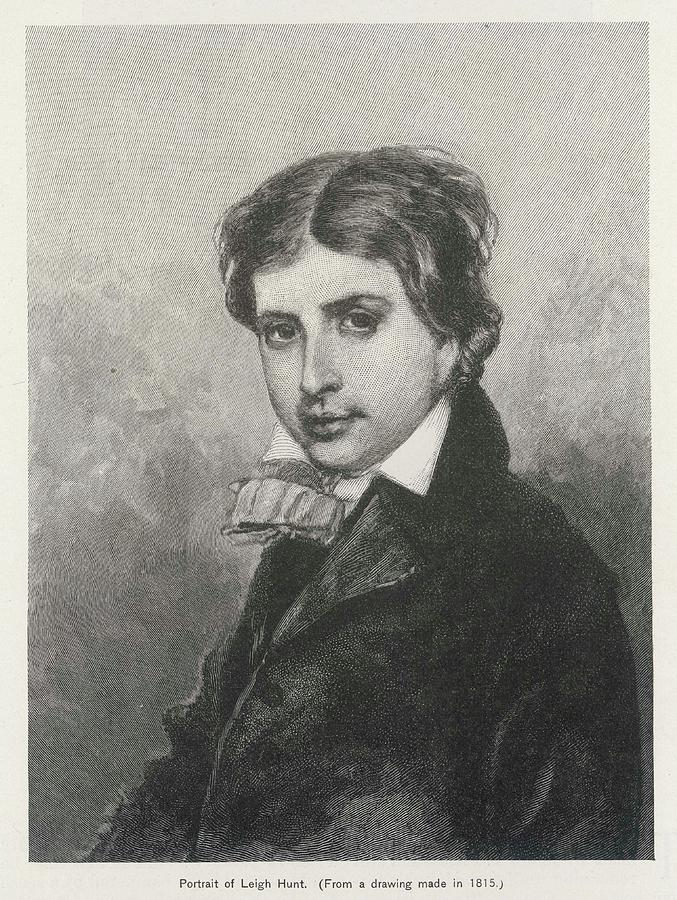The same people who can deny others everything are famous for refusing themselves nothing.
--Leigh Hunt, poet and essayist (1784-1859)
(140:8.15) Economic attitude. Jesus worked, lived, and traded in the world as he found it. He was not an economic reformer, although he did frequently call attention to the injustice of the unequal distribution of wealth. But he did not offer any suggestions by way of remedy. He made it plain to the three that, while his apostles were not to hold property, he was not preaching against wealth and property, merely its unequal and unfair distribution. He recognized the need for social justice and industrial fairness, but he offered no rules for their attainment.
(171:6.2) Then Zaccheus stood upon a stool and said: "Men of Jericho, hear me! I may be a publican and a sinner, but the great Teacher has come to abide in my house; and before he goes in, I tell you that I am going to bestow one half of all my goods upon the poor, and beginning tomorrow, if I have wrongfully exacted aught from any man, I will restore fourfold. I am going to seek salvation with all my heart and learn to do righteousness in the sight of God."
(172:4.2) At last there came along a poor widow, scantily attired, and they observed as she cast two mites (small coppers) into the trumpet. And then said Jesus, calling the attention of the apostles to the widow: "Heed well what you have just seen. This poor widow cast in more than all the others, for all these others, from their superfluity, cast in some trifle as a gift, but this poor woman, even though she is in want, gave all that she had, even her living."
(173:1.2) At one time or another systems of exorbitant overcharge were practiced upon the common people, especially during the great national feasts. At one time the greedy priests went so far as to demand the equivalent of the value of a week's labor for a pair of doves which should have been sold to the poor for a few pennies.
(173:1.11) This cleansing of the temple discloses the Master's attitude toward commercializing the practices of religion as well as his detestation of all forms of unfairness and profiteering at the expense of the poor and the unlearned.
(175:1.14) "Woe upon you, chief priests and rulers who lay hold of the property of the poor and demand heavy dues of those who would serve God as they think Moses ordained!
James Henry Leigh Hunt known as Leigh Hunt, was an English critic, essayist and poet.
Hunt co-founded The Examiner, a leading intellectual journal expounding radical principles. He was the centre of the Hampstead-based group that included William Hazlitt and Charles Lamb, known as the "Hunt circle". Hunt also introduced John Keats, Percy Bysshe Shelley, Robert Browning and Alfred Tennyson to the public.
Hunt's presence at Shelley's funeral on the beach near Viareggio was immortalised in the painting by Louis Édouard Fournier. Hunt inspired aspects of the Harold Skimpole character in Charles Dickens' novel Bleak House.
